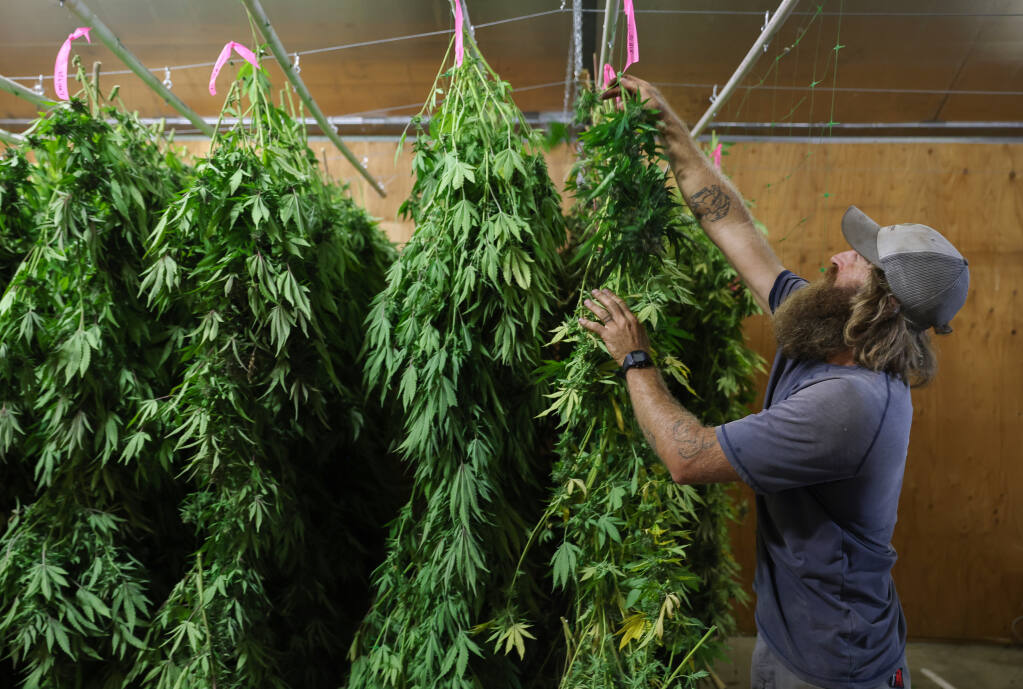Clampdown on Australian Medicinal Cannabis Prescribing Raises Questions on Effectiveness
LOS ANGELES- Health regulators in Australia recently issued reinforced guidance aimed at improving prescribing standards for medicinal cannabis, reflecting growing concerns over patient safety and industry conduct.
The Australian Health Practitioner Regulation Agency (AHPRA), along with the Medical Board of Australia and Nursing and Midwifery Board, have reiterated that medicinal cannabis should be treated with the same caution as opioids. They emphasize that a therapeutic need—not patient demand—should dictate treatment, following reports of cannabis-induced psychosis, underage prescribing, and consultations lasting ‘only a few minutes’
This action responds to rapid growth in the sector, with the number of cannabis users increasing from approximately 18,000 in 2019 to over one million by January 2024, and industry revenue reaching A$400 million in early 2024
AHPRA has already disciplined 57 practitioners—doctors, pharmacists, and nurses—and is investigating 60 more for prescribing irregularities, including excessive THC dosages and potential conflicts of interest in single-product clinics
Regulators have introduced formal prescription guidelines, including requirements for thorough patient evaluation, treatment planning, record-keeping, exit strategies, and taking into account alternatives. These aim to combat the influence of commercially driven telehealth clinics and curb ethical concerns where ‘profits may be placed before patient welfare’
Despite these measures, analysts suggest the approach may not substantially reduce unsafe prescribing. The new guidance reinforces existing rules rather than establishing tighter controls or altering marketing regulations—features critics deem necessary to meaningfully reform prescribing practices
Australia’s experience reflects broader industry trends: a near‑A$1 billion medicinal cannabis sector now accommodates telehealth clinics, widespread patient access, and investigational prescribing environments with limited clinical oversight . Medical associations in Queensland and elsewhere have raised concerns over rising rates of psychosis and poor prescribing governance among high-THC products and single-product clinics




































